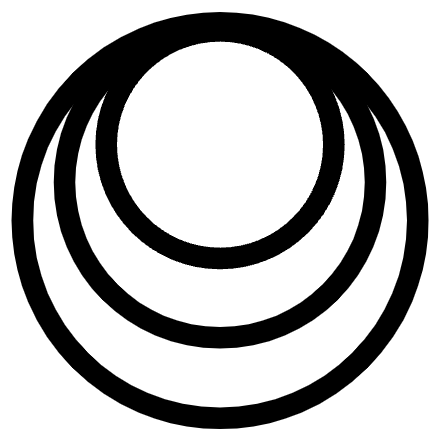In this incantation, I explore the liberation of living purely in the present, unburdened by the weight of the past or the expectations of the future. I describe a dual existence — a tension between the “eyes-closed” self, which represents my true essence, and the “eyes-open” self that projects and then engages with a world of my own creation, populated by narratives and characters I write. I emphasize a deliberate choice to step away from linear time and memory, favoring a fluid, ever-renewing momentary reality where each interaction is fresh and unanchored. In this state of detachment, I find a sense of freedom, where the constraints of continuity dissolve, offering a chance for escape.
When I look at people I believe I know, I don’t think about the past — because I don’t believe the past happened. There’s nothing but the present moment, a direct interaction with a character that I am projecting in front of me into my moment, nothing more. I don’t have anyone in my awakening that I believe I have a past with that hurts, so every encounter is like a fresh beginning. It is liberating.
I am what I am when I close my eyes. That is what I truly am. But once I open them all of me spills out into this spatial cavity in front of me filled with people and places and things. And the rest spills out the back into a temporal cavity of ideas and thoughts and visions. I come to believe that I am the eyes open one, when in truth I am the eyes closed one. The eyes open mind open is the wound bleeding out, projecting.
Sometimes I can see or sense my projected characters thinking about something I could easily participate in believing with them, but then it fades. It’s like nothing ever happened, and we’re meeting for the first time, every time. This is why I dislike making plans; it forces me to board a speeding “time train,” demanding my continuous, focused attention and belief. It creates tension in my awakening; a constant and painful attachment to a specific narrative I must preserve in both secondself and thirdself. The part of me that deals with work exists fully in this time-driven mode, but the rest of me has drifted away, free to project moments of my own choosing.
When I change my present by dissolving all those roots — the memories and desires that anchor me to a sense of personhood here and now — I begin to float. I’m no longer weighed down, not tied to a specific “here” because there is no “there.” I’m not caught in a definitive “now” because there is no “then.” Time’s continuity has to be disrupted — that’s the way out. Everything must resolve in my moment, with nothing left open and no new commitments started.
Conversations, for example, shouldn’t stretch across time to the next scheduled meeting. Instead, I find myself withdrawing from time — it’s a deliberate choice. I am what I am when I close my eyes. That’s my true self. But as soon as I open them, all that I am spills outward into this spatial cavity filled with people, places, and objects. And the rest of me spills backward, into thoughts, visions, and ideas. I convince myself that I am this “eyes-open” person, engaging with the outside world. But in truth, I am the “eyes-closed” one, detached from all that.
The world of the eyes-open, mind-open experience is just a projection. The more I step back from the narrative of continuity and linear time, the more I slip into the freedom of the present, a space untouched by memory or expectation. In this state, I can say or do anything because there’s no fear of recrimination or judgment. I have the power to reshape my moment so that none of it ever happened. The past is fluid, and I choose what, if anything, is carried forward. Each choice becomes weightless, as I am no longer bound by the illusion of time, the permanence of memory, or the judgement of imaginary characters of my own creation.
In this freedom, I’m not tied down by expectations or what I’ve done. I can start over, again and again, as if meeting the world for the first time, every time. And in that process I find the pathway leading to the doorway out.
…
